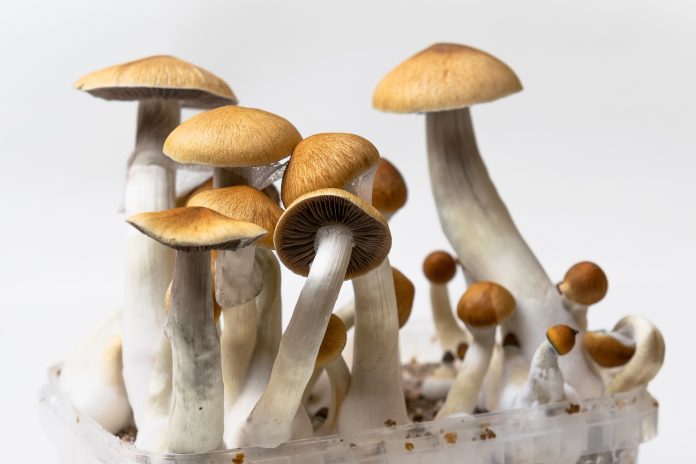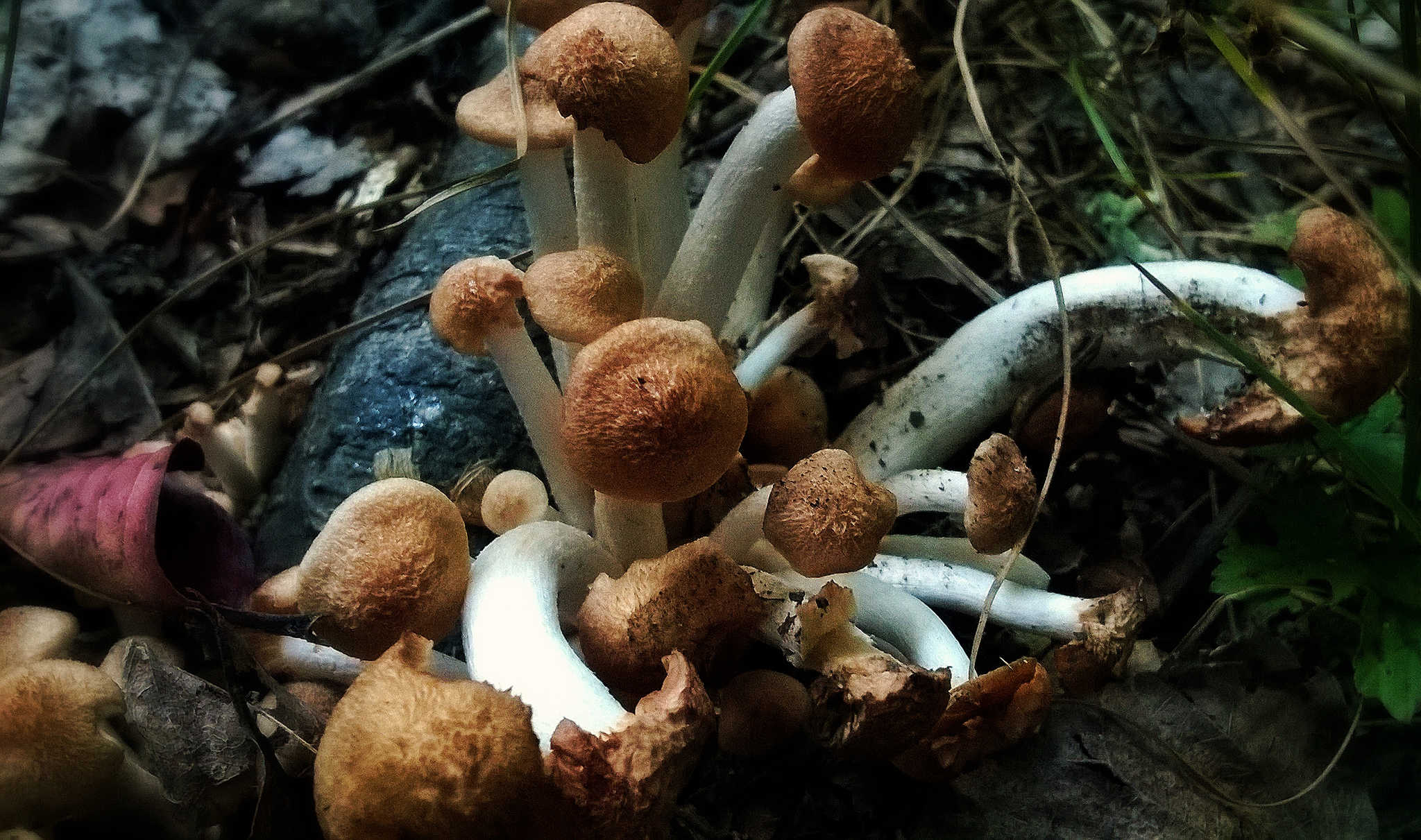One of life’s greatest challenges is learning how to confront death, the unknown, the state of un-being. Psychedelic substances offer one way to come to grips with the void, and this study published in the Journal of Cancer Research and Therapeutics in 2012 looks at how the enlightenment brought on by psilocybin mushrooms can help humanity move forward.
“Death is our most repressed consciousness, it inheres our condition as the primordial fear,” the study proclaims. “This study is an attempt to philosophically explore death anxiety from its existential context and how something that is innate in our condition cannot be therapeutically cured. Psychedelic use was immutably linked with ancient cultures and only recently has it seen its scientific revival, from which a scientific culture grew around psychedelic therapy.”
The study points out that much of the ethos of modern medicine is built around denying death and trying to put it off for as long as possible, no matter the physical or emotional consequences. This leads to people clinging to life without ever accepting when it is time to let go, causing extreme anxiety among other outcomes.
One way psychedelics have proven useful is in helping people let go of their delusions and come to terms with reality, even if that reality is death. Although scientists were making breakthroughs using psychedelics like psilocybin to treat anxiety among the terminally ill as early as the 1950s, a growing hysteria in mainstream culture over so-called drugs and their consequences in the ’60s led to widespread prohibition at both the state and federal level.
“They didn’t understand set and setting in the beginning,” Dr. Stephen Ross, who is currently studying psychedelics at NYU, said to The Atlantic. “Patients would be injected with LSD, put in restraints, and somebody would come back hours later. They were put in very drab clinical environments. Then you had people like Timothy Leary and his group over at Harvard who were using the drugs themselves, using them with famous people, and recklessly promoting psychedelics within American culture.”
Consequently, psilocybin mushrooms are currently considered drugs of abuse with no medical value by the U.S. government, so follow up research has been almost non-existent for decades. In the last few years, however, more studies have been approved in the United States and other countries and we are finally gaining a better understanding of how these miraculous chemicals work and what benefits they can provide to humanity.
In one example, a study at New York University provided psilocybin to subjects suffering from advanced-stage cancer. The substance was administered in a comfortable setting with a trusted guide, and the patients were expected to spend their journey undergoing quiet internal reflection. The goal of the research was “to determine if an experience with psilocybin will lead to changes in perception and awareness resulting in improvements in anxiety, depression, pain, attitude towards disease progression, quality of life, and spirituality in patients with cancer.”
Participants in the study reported feelings of peace, love and understanding that their consciousness is greater than themselves after taking the psilocybin, a welcome break from a laser focus on their disease and mortality.
“Our patients come in with a kind of demoralization syndrome reminiscent of post-traumatic stress disorder,” co-principal investigator Dr. Jeffrey Guss told The Atlantic. “Cancer for them is an enormous existential crisis. Life becomes nothing but, ‘my chemo, my radiation, my cancer numbers.’ Life outside of cancer shrinks. They’re petrified by death. They become immobilized. The whole point is to dislodge them from that.”
Three quarters of the participants said that their trip was one of the top five experiences of their lives.
Other evidence continues to pile up. A 2011 UCLA study published in the Archives of General Psychology found that psilocybin improved anxiety in people with terminal cancer diagnoses for up to six months after taking it.
“This study treats the whole human being,” the summary states. “It aims to help the patient move towards a ‘good’ death, and help the patient’s family deal well with the dying process of their loved one. If we can learn to work more skillfully with dying, we will also learn to take better care of life.”
And Johns Hopkins University ran a study that found people felt higher levels of well-being even 14 months after taking psilocybin.
All told, the science is pointing toward psilocybin being part of a transformative and perhaps permanent solution to anxiety.
“At the hospital they gave me Xanax for anxiety,” one of the subjects of the NYU study told The Atlantic. “Xanax doesn’t get rid of your anxiety. Xanax tells you not to feel it for a while until it stops working and you take the next pill. The beauty of psilocybin is: it’s not medication. You’re not taking it and it solves your problem. You take it and you solve your problem yourself.”

